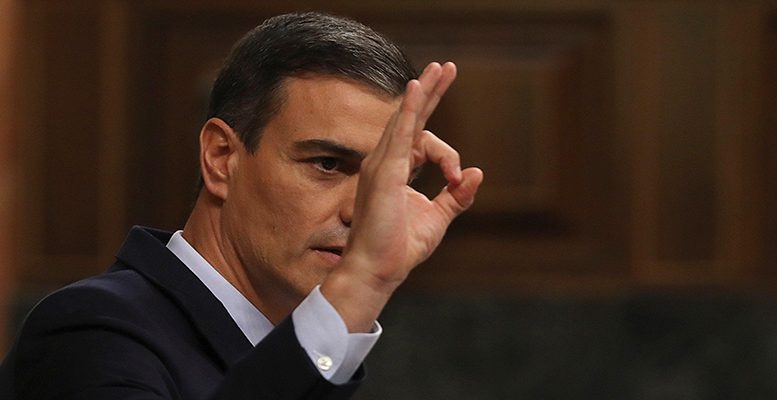On September 1, 2014, Pedro Sánchez announced that the PSOE (Spanish Socialist Workers’ Party) would hold a convention on democratic renewal in which, among other measures, his party would propose limiting the terms of Prime Ministers to two legislatures, a maximum of eight years.
This initiative was intended to “banish the old politics of always.” It followed the self-imposed term limits of José María Aznar—who chose not to continue after eight years in power—and José Luis Rodríguez Zapatero, who declined to run in 2011 after a catastrophic economic situation.
Yesterday, eleven years later, Pedro Sánchez announced that, once again, nothing he said stands, and that he will run as the PSOE candidate in the next general elections, which he insists on setting for 2027. This is despite his inability to pass a budget (Spain is still operating under the 2023 budget from the previous legislature) and the Government having already suffered 145 parliamentary defeats in the current term, the last three coming after the political season reopened this September.
“I will undoubtedly do it” (run as a candidate), Sánchez assured yesterday, “I have already discussed it with my family and with the PSOE.” His family will include his brother and his wife, who are set to face trial next year for various alleged crimes. And those who have been his second-in-command all these years, José Luis Ávalos and Manuel Cerdán, are also heading for the defendant’s bench but will not be included in the party’s leadership.
PSOE sources have assured that the presidential pivot (this would be the sixth election he runs in) is understandable “because circumstances have changed.” One can imagine that circumstances always change after eight years in office, but that is no obstacle for a PSOE fully devoted to the leader to applaud all his whims.





